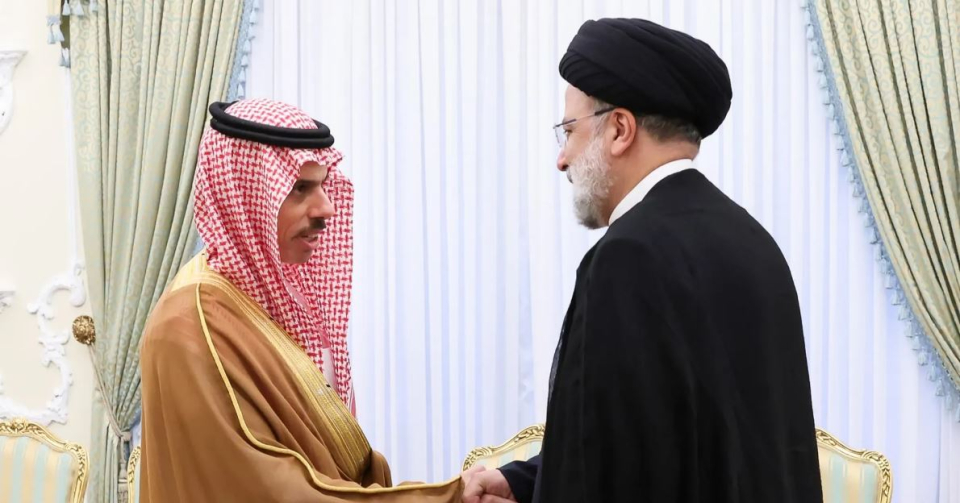The Iranian Foreign Ministry spokesperson, Nasser Kanaani, announced on October 2 that Tehran is considering canceling visas with Saudi Arabia as part of broader efforts to enhance bilateral relations. Kanaani stated that discussions have taken place with relevant institutions, emphasizing a comprehensive examination of cultural, political, security, and economic aspects to prepare a detailed report for the Ministry of Foreign Affairs.
Iran's Deputy Minister of Cultural Heritage and Tourism, Maryam Jalali Dehkordi, recently highlighted ongoing efforts to boost tourism relations and eliminate visa requirements between the two nations. The developments indicate a significant improvement in Tehran-Riyadh ties over the past year, following a Chinese-brokered rapprochement deal, signaling a shift from decades of animosity.
Both nations are exploring avenues for collaboration, with an emphasis on transportation routes and networks to benefit regional interests and the well-being of their populations. However, Kanaani emphasized Iran's opposition to geopolitical changes, reflecting the broader diplomatic considerations in the region.
The potential visa cancellation coincides with Saudi Arabia's gradual move toward normalization with Israel under U.S. sponsorship. In response, Iranian President Ebrahim Raisi strongly criticized any regional attempts to normalize relations with Israel during the International Islamic Unity Conference in Tehran on October 1. Raisi asserted that normalizing ties with the "Zionist regime" is viewed as a regressive move, emphasizing the prevailing sentiment of resistance against the common enemy in the Islamic world. The Iranian president underscored that the option of compromise has been removed, advocating for a unified stance of resistance among Islamic countries.

















